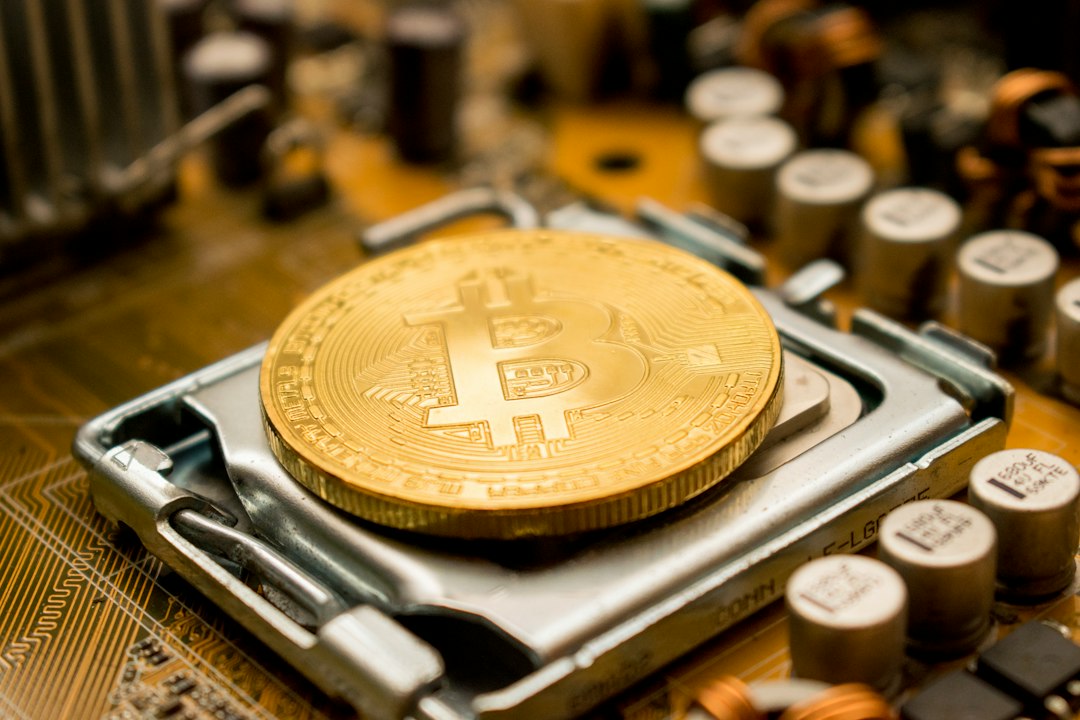Bitcoin Wallets: A Guide to Securing your Digital Assets
With the rise in popularity of cryptocurrencies like Bitcoin, it has become crucial for users to understand how to secure their digital assets. One of the fundamental aspects of Bitcoin security is choosing the right wallet. In this guide, we will explore the different types of Bitcoin wallets available and provide tips on how to keep your digital assets safe.
A Bitcoin wallet is essentially a digital equivalent of a physical wallet. It is used to store, receive, and send Bitcoins securely. There are various types of Bitcoin wallets, including hardware wallets, software wallets, and paper wallets.
Hardware wallets, also known as cold wallets, are physical devices that store a user’s private keys offline. These devices provide the highest level of security as they are immune to malware attacks. Some popular hardware wallets include Trezor, Ledger Nano S, and KeepKey. It is essential to purchase hardware wallets directly from trusted manufacturers to avoid potential scams.
Software wallets, on the other hand, are digital wallets that can be accessed through desktop or mobile applications. These wallets can be further categorized into online wallets, mobile wallets, and desktop wallets. Online wallets are convenient to use but come with a higher risk of hacking. Mobile wallets provide flexibility and ease of use, while desktop wallets offer enhanced security by storing private keys locally.
Paper wallets are a form of cold storage where a user prints their private and public keys on paper. Although paper wallets are immune to hacking, they can be easily damaged or lost. It is crucial to keep paper wallets in a safe place and make multiple copies.
Regardless of the type of wallet you choose, it is vital to follow certain best practices to secure your Bitcoin assets. Firstly, ensure that you keep your wallet software and devices updated with the latest security patches. Regularly backing up your wallet’s data is also essential in case of hardware failure or loss.
Setting up strong, unique passwords and enabling two-factor authentication (2FA) adds an extra layer of security. Additionally, enabling multi-signature functionality allows multiple users to approve transactions, mitigating the risk of unauthorized access.
It is important to be cautious of phishing attacks and suspicious websites that may try to steal your Bitcoin wallet information. Always double-check the URL before accessing your wallet and avoid clicking on unknown links.
Lastly, consider diversifying your Bitcoin storage by using multiple wallets and keeping only a small portion of your assets in a hot wallet (online or mobile wallet) for daily transactions.
In conclusion, securing your Bitcoin assets is of utmost importance in today’s digital age. By selecting the right type of wallet and following best practices, you can protect your digital assets from potential threats. Remember to stay vigilant and up to date with the latest security measures to ensure the safety of your Bitcoins.
——————-
Article posted by:
GRAMCRYPTO FX
https://kk7hj948f8.wixsite.com/gramcryptofx

